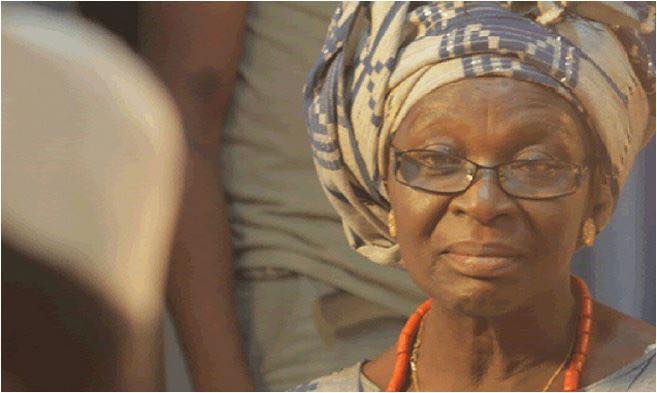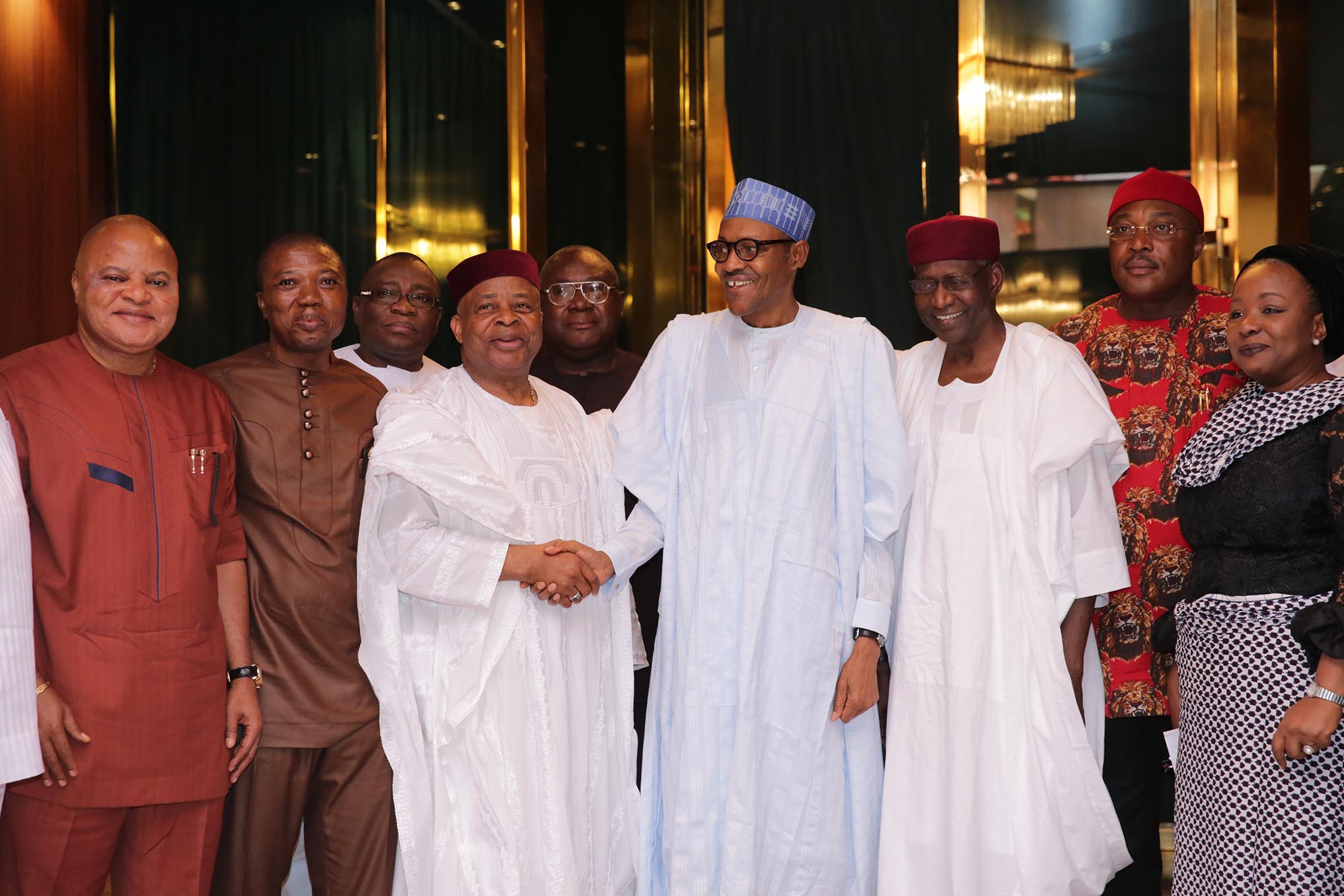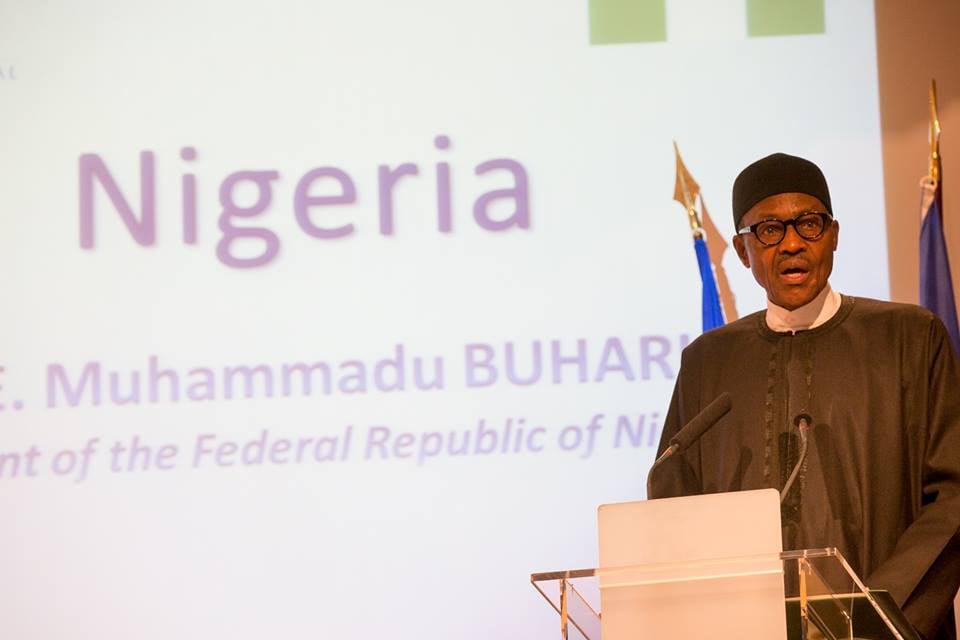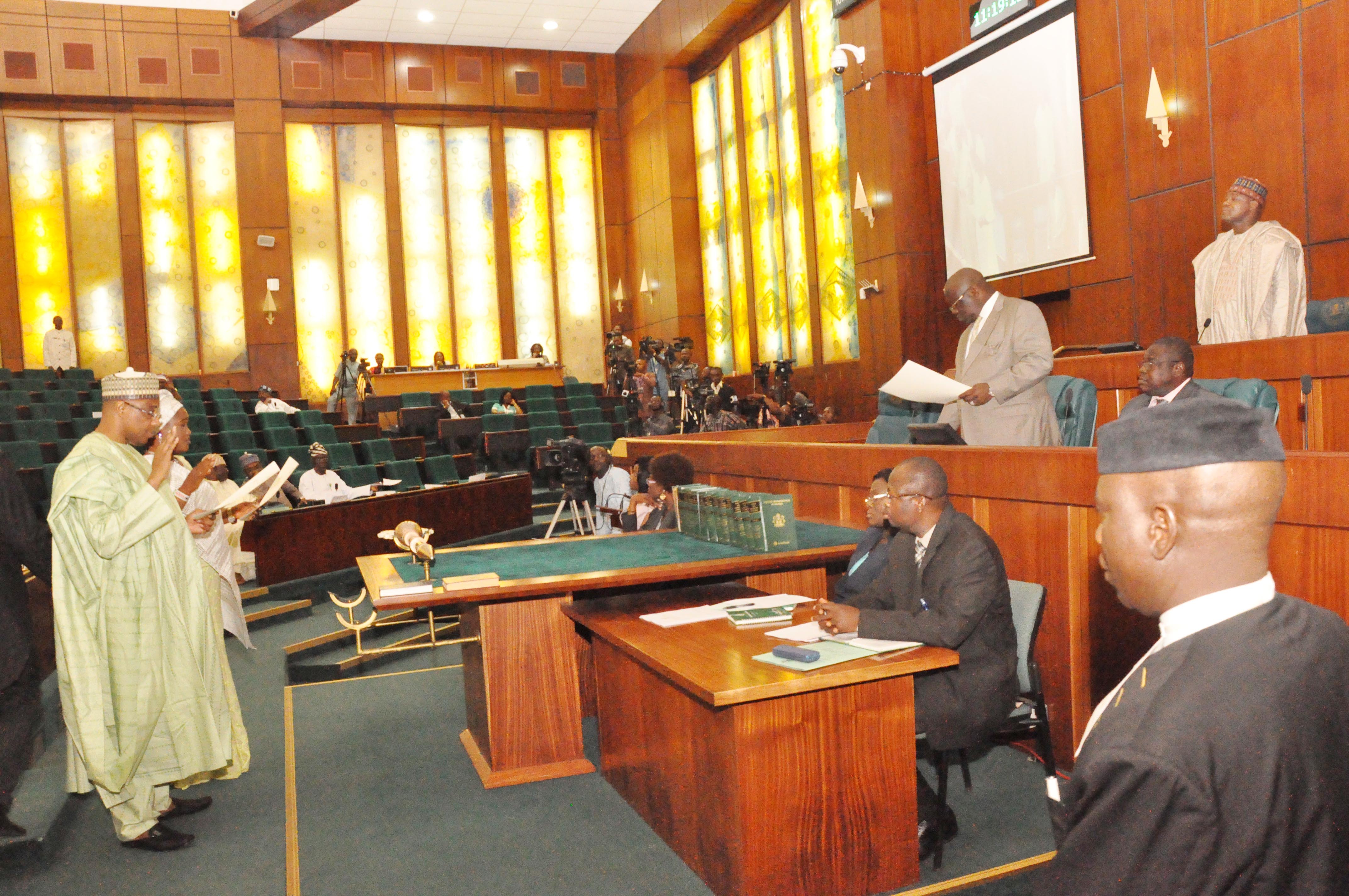Some ill-intended conspiracy theorists may have recently attempted to scare the Nigerian public with another “C” word, as in coup d’etat, but the most terrifying word in the public space is still corruption. So there is no gain in causing more commotion in an already convoluted circumstance.
Truly, Nigerians need no distraction at this time in order to closely monitor the highly riveting and unbelievable details of corruption emanating on a daily basis as the President Muhammadu Buhari government has, typically, continued to demonstrate by all indications that corruption is the bane of Nigeria’s development. Likewise, his administration’s determination to face the development demon frontally is quite apparent.
Therefore, there must be room for critical and wider reviews of this instructive assertion, and essentially of Buhari’s efforts at ridding the country of retrogressive and counter-productive practices in real time.
Though many may argue that there are other fundamental causes of underdevelopment in Nigeria, there are stronger opinions out there that corruption has done greater damage to the country’s journey to greatness than any other thing in the country’s history.
Advertisement
That said, that the Buhari administration, through the nation’s anti-graft agency the Economic and Financial Crimes Commission (EFCC) and some investigative committees set up by the federal government have recovered from several individuals over N3 trillion of looted public funds, is a testimony to how corrupt practices have almost brought the nation to its kneels.
Incontrovertibly, the humongous amounts so far traced to the rapacious privileged individuals in government and their acolytes in the public sector can very well salvage the conditions of over 110 million Nigerians who, according to government’s statistics, are living in extreme poverty, that is, surviving on less than $1.25 a day!
Similarly, such despicable acts of stealing from the public purse by these greedy people have continued to deny Nigerians good roads, functional hospitals, quality education, necessary social amenities and safety nets for the most vulnerable.
Advertisement
The British Prime Minister, David Cameron’s description of Nigeria as a fantastically corrupt country in a conversation with the Queen of England has been deemed a “truthful gaffe” by a section of the public because of the successful exportation of such corrupt cases by some criminally-minded Nigerians into many foreign lands including the UK.
But I share the optimism of those who believe that Nigeria can use the opportunity presented by this moment, particularly with the fervour with which the government has currently mustered, to fight and minimize the scourge of corruption in the system.
And there are several practical ways of actually tackling the menace which may include emphasizing how corruption can make the entire nation look bad and promoting positive conducts in public and private life across the country.
Just like the very influential religious leader, Archbishop of Canterbury, Justin Welby intervened and came to the “rescue” of Nigeria and defended the integrity of President Buhari during Cameron’s chat with the Queen when he (Welby) injected the Prime Minister and said: “But this particular president is not corrupt… he’s trying very hard,” which was an affirmation, however little as some may argue, that it isn’t entirely bad for Nigeria.
Advertisement
Nonetheless, I am also aware that the war against corruption will gain more traction and achieve more meaning both nationally and internationally if our examples of upright people are not only the president and his puritanical vice; and the war is totally devoid of any political undertone or aimed at taking greater political advantage.
Far beyond the widely adjudged decent characters of the president and the vice president, Nigeria is in dire need of legions of citizens across all strata of the society who can also genuinely lay claim to the moral high grounds that are synonymous to the persons of President Buhari and VP Osinbajo.
As such, the country must begin to explore the exemplary rectitude of some ordinary citizens to underscore the glory of decent existence.
Not too long ago, we heard about Miss Josephine Agwu, a cleaner at the airport who found and returned a whopping sum of N12 million. Also, about a month ago a security guard, Mohammed Ogbanago, who works at a branch of a prominent bank, UBA, found a sum of $10,000 that was apparently lost by a rich customer and the honest security promptly returned the money to bank authorities.
Advertisement
In these two exceptional models of honesty, both Josephine and Mohammed did not contemplate the thoughts of keeping the money while justifying that it could be part of the monies stolen by corrupt leaders and their acolytes. Neither were they compelled by their evidently grueling economic situations as a cleaner and a security guard whose pay are, needless to say, extremely poor.
UBA chairman, Mr. Tony Elumelu acknowledged this much in a statement when he and the bank’s management hosted Mohammed.
Advertisement
“When I heard about this story, I knew I had to meet the man who despite facing rising petrol and transportation prices and “tomato ebola” returned such a huge sum of money without recourse to himself”, said Elumelu.
Interestingly, when asked about his worthy gesture, the security guy said he was encouraged by the anti-corruption stance of the present government, inspired by Josephine, the airport cleaner, whom he had heard his story and had always wanted to live a honourable life.
Advertisement
Clearly, it’s not that bad for us after all; and the government at all levels can also make this better by highlighting inspiring instances like these and playing their parts effectively in achieving a more decent society that we can all be proud of.
Advertisement
Views expressed by contributors are strictly personal and not of TheCable.
Add a comment







